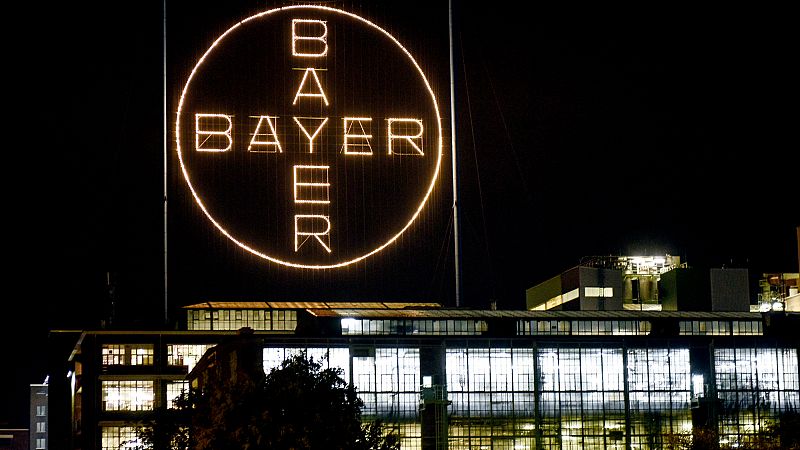
German pharmaceutical giant Bayer’s shares jumped 10.5% on the London Stock Exchange on Tuesday morning following the company experiencing higher demand for its new cancer and kidney drugs in the first quarter of 2025.
Earnings before interest, taxes, depreciation and amortisation (EBITDA) before special items was €4.1 billion for the first quarter of 2025. Although this was a 7.4% fall from the corresponding quarter a year ago, it was still above market expectations of €3.9bn, according to Bloomberg.
Group sales for the first quarter was €13.7bn, which was a fall of -0.1% compared to the same quarter in 2024. Core earnings per share plunged 11.7% to €2.5.
Bill Anderson, Bayer’s chief executive officer (CEO) was optimistic that the earnings jump in the pharmaceuticals division was a sign that teams were learning to do more with less. He also reiterated his confidence in the fundamentals of the company and the momentum of its launches.
The company also revealed that it is closely monitoring ongoing economic and geopolitical changes, as well as their impact on the company.
Bayer confirmed its full-year 2025 outlook at constant currencies and expects that the pharmaceutical division will deliver at the higher end of the previously shared sales and profitability guidance range.
Bayer’s pharmaceutical branch grows as crop-science slows down
Bayer’s pharmaceuticals division’s sales grew 4.4% in the first quarter of 2025, mainly boosted by North American sales, although the Europe, Middle East and Africa (EMEA) region lagged.
The company’s new hormone therapy drug for prostate cancer, Nubeqa, has seen considerable demand, along with Kerendia, used to treat chronic kidney disease.
Eylea, mainly used to treat various eye conditions, has also seen sales increase, while Bayer’s radiology business has been strong too. Similarly, contraceptive drugs such as YAZ and Mirena have recorded robust growth as well. However, the anticoagulant Xarelto has seen a decline mainly because of patent expirations.
On the other hand, sales for Bayer’s crop-science branch dropped 4.1% in the first quarter of the year, partly because of slowing pesticide demand. Ongoing low prices for glyphosate, which is the active ingredient in the Roundup weedkiller, has also contributed to lower crop-science performance.
The company has previously shared that it could potentially stop producing glyphosate in Louisiana as Chinese competition intensifies.
Bayer is also continuing to deal with significant litigation related to products that the company inherited in its Monsanto acquisition back in 2018.







